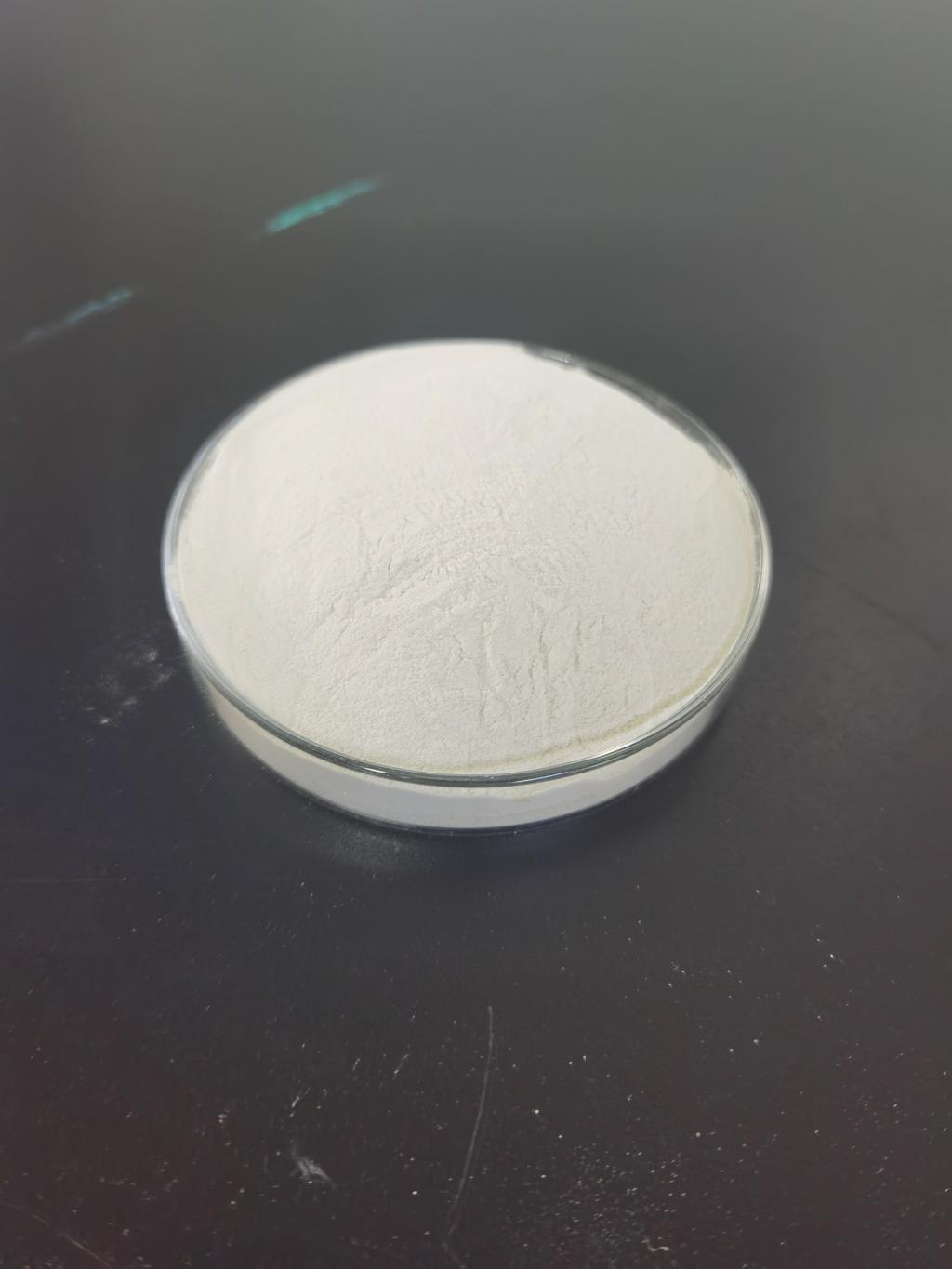Tel:+8618231198596

News
 CONTACT
CONTACT
 CONTACT
CONTACT
- Linkman:Linda Yao
- Tel: +8618231198596
- Email:linda.yao@dcpharma.cn
- Linkman:CHARLES.WANG
- Department:Overseas
- Tel: 0086 0311-85537378 0086 0311-85539701
News
What is the shelf life of food products containing Nisin?
TIME:2023-03-16
The shelf life of food products is determined by the rate at which they undergo chemical, physical, and microbiological changes. Microorganisms, such as bacteria and fungi, are major contributors to spoilage, as they consume nutrients and produce metabolic byproducts that can alter the taste, texture, and appearance of food. Nisin works by disrupting the cell membrane of bacteria, which makes it difficult for them to grow and reproduce. Therefore, the addition of Nisin to food products can significantly extend their shelf life.
The concentration of Nisin in food products can affect its effectiveness as a preservative. Higher concentrations of Nisin have been shown to increase the inhibitory effect against bacteria, thus increasing the shelf life of food products. However, the use of excessive amounts of Nisin can negatively impact the taste and texture of food products. Therefore, it is important to use Nisin in appropriate concentrations to achieve the desired preservation effect.
The type of food product also plays a significant role in determining its shelf life. For example, fresh fruits and vegetables have a shorter shelf life compared to processed foods, as they are more susceptible to physical and microbiological changes. However, the addition of Nisin to fresh produce can extend its shelf life by reducing the growth of bacteria and fungi. In processed foods, the shelf life is influenced by a range of factors, such as pH, moisture content, and packaging. Nisin can be used in a variety of processed foods, including meat, dairy, and baked goods, to extend their shelf life.
The storage conditions of food products can also impact their shelf life. Temperature, humidity, and exposure to light can affect the rate of chemical and microbiological changes in food. Food products containing Nisin should be stored in appropriate conditions to maintain their quality and safety. For example, refrigeration can slow down the growth of bacteria and fungi, thereby extending the shelf life of food products. Proper packaging, such as vacuum-sealed bags or airtight containers, can also reduce exposure to air and moisture, which can contribute to spoilage.
In conclusion, the shelf life of food products containing Nisin can vary depending on several factors, including the type of food, the concentration of Nisin, and the storage conditions. Nisin is an effective and natural preservative that can extend the shelf life of food products by inhibiting the growth of bacteria and fungi. However, it is important to use Nisin in appropriate concentrations and store food products properly to maintain their quality and safety.
- Tel:+8618231198596
- Whatsapp:18231198596
- Chat With Skype







